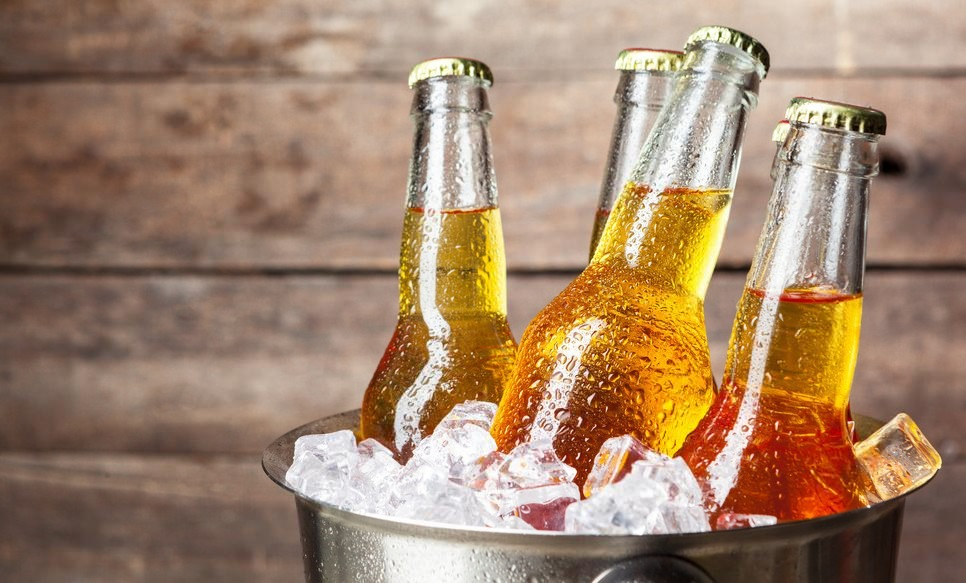Welcome to one of the age-old questions humans have been asking since the invention of the refrigerators: why do some foods taste better when cold? It’s one of those quirky little thoughts we all have now and again. Along with “Why does cola taste horrible when it’s flat?” or “Why do drinks taste better in a glass bottle as opposed to a plastic bottle?” Well, we’re here to put your mind at ease with our mini guide to why some foods and drinks taste better when refrigerated…
So why do certain food and drinks taste better when served cold?
It’s a scientific fact that beer, namely lager, tastes considerably better chilled than it does when it’s been out in the sun for a while. Ales, bitters and stouts are best served at room temperature because it brings out the flavours. You’ve probably noticed if you’ve been to a bar in a hotter country on holiday and ordered a lager beer. Usually the bartender will produce a frozen glass to pour the beer into it. So – other countries have got it right but what’s the reasoning behind it? Basically, lager isn’t as flavoursome as ale. So when it heats up in temperature it releases volatile aromas. The molecules are reacting to the sudden change in temperature and release that not-so-nice chemical taste. Lager beers are simple, clean flavours. So refrigerating them is effectively preserving that fresh taste.
How does cold food change in taste?
Hotter generally means tastier… But that doesn’t rule out cold food from the delicious factor. Ice cream must be frozen in order to enjoy later. The reason it tastes so good is, when put into your mouth, it melts to your body temperature and hits your taste buds. These have tiny channels called TRPM5 which open up. And, as soon as it detects a taste, an electric signal is sent to your brain and you think “Yum yum!” If you kept the ice cream out at room temperature for a while and then put it back in the freezer – it would lose a lot of its taste as the molecules evaporate in the air. The same goes for food that needs to be refrigerated. The tastes are sealed into the food when it’s cold, so when you eat it and it hits those amazing TRPM5 receptors it releases the full flavour!
What happens to the taste of cold food when it heats up?
Many foods contain fat and, at high temperature, fat melts. In some foods the fat needs to melt for it to taste good so you don’t end up with chunks of it in your casserole! But foods such as pork pies need solid fat to maintain that perfect taste. There are some foods – such as traditional spicy curries and various soups that taste much better when served cold.
